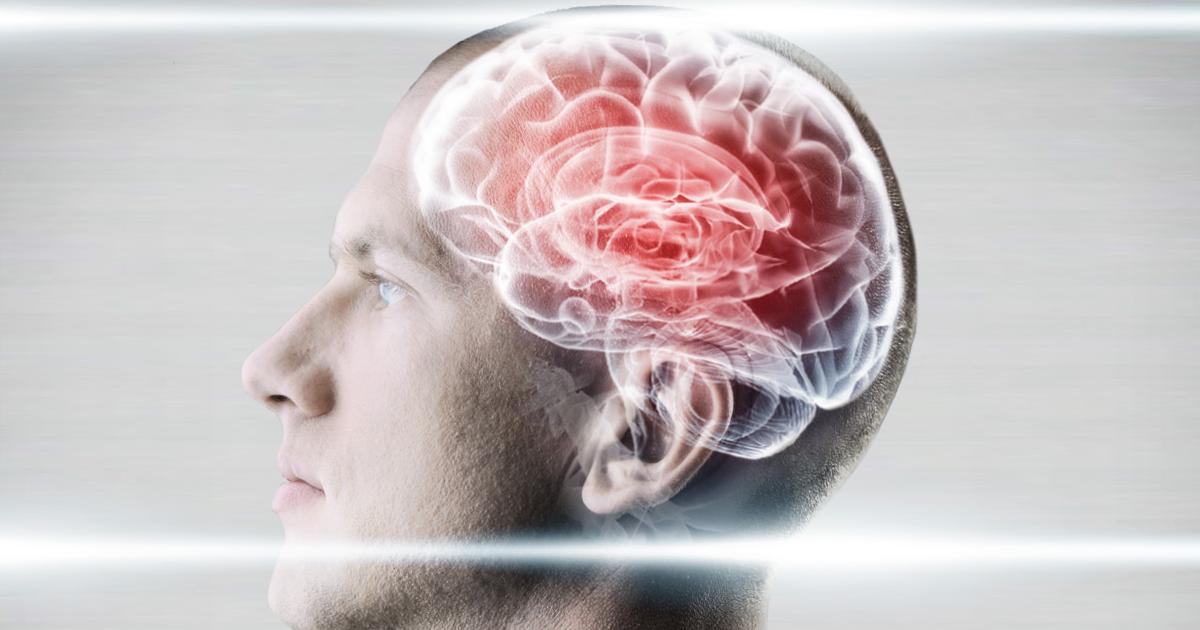Overview Of The Causes And Complications Of Meningitis
Fungal Meningitis
Fungal meningitis is rare in the United States, though it's important to note patients with compromised immune systems, including those with cancer or HIV, are at a higher risk for this type of infection. A fungus known as Cryptococcus is the most common cause of fungal meningitis. Symptoms of this condition are similar to those of bacterial meningitis, and patients might experience a fever, confusion, sensitivity to light, nausea, and vomiting. To treat this form of meningitis, doctors provide high doses of intravenous antifungal medications over an extended period. Patients with fungal meningitis who have weakened immune systems will need to have treatment over a longer period than other patients. While there are no particular activities known to cause this condition, patients can reduce their risk of fungal meningitis by avoiding soil and other areas where the fungus is likely to be present. Experts also suggest individuals avoid bird droppings, and individuals with weakened immune systems might want to consider avoiding activities involving dust or digging in the dirt. This is particularly advisable for patients who live in regions where Cryptococcus, Histoplasma, or Blastomyces are known to exist.
Get familiar with complications associated with the various types of meningitis now.
Brain Damage

Brain damage is serious complication most often associated with bacterial meningitis, although it can occur with other forms of the disease. Even if treatment is started promptly, some patients who have survived bacterial meningitis may still have lingering neurological issues that could range from mild to severe. For example, survivors of meningitis might have trouble with walking, and learning difficulties may also occur. Some patients could experience hearing loss, and difficulties with memory have been observed too. Individuals who experience lasting neurological complications due to meningitis will likely be treated by a neurologist and other specialists. Depending on the severity of the complications, patients may need to have physical therapy, speech therapy, and occupational therapy, and medications might be beneficial in some instances. Physical therapy could help patients with building the strength and coordination necessary for walking, and speech and occupational therapy could assist individuals in learning or re-learning skills for daily tasks. Therapists can suggest modifications to movements that may make walking and daily tasks easier for patients with neurological considerations. Hearing aids or other audiology treatments may be appropriate for patients who experience hearing loss after meningitis.
Uncover another serious complication linked to meningitis now.
